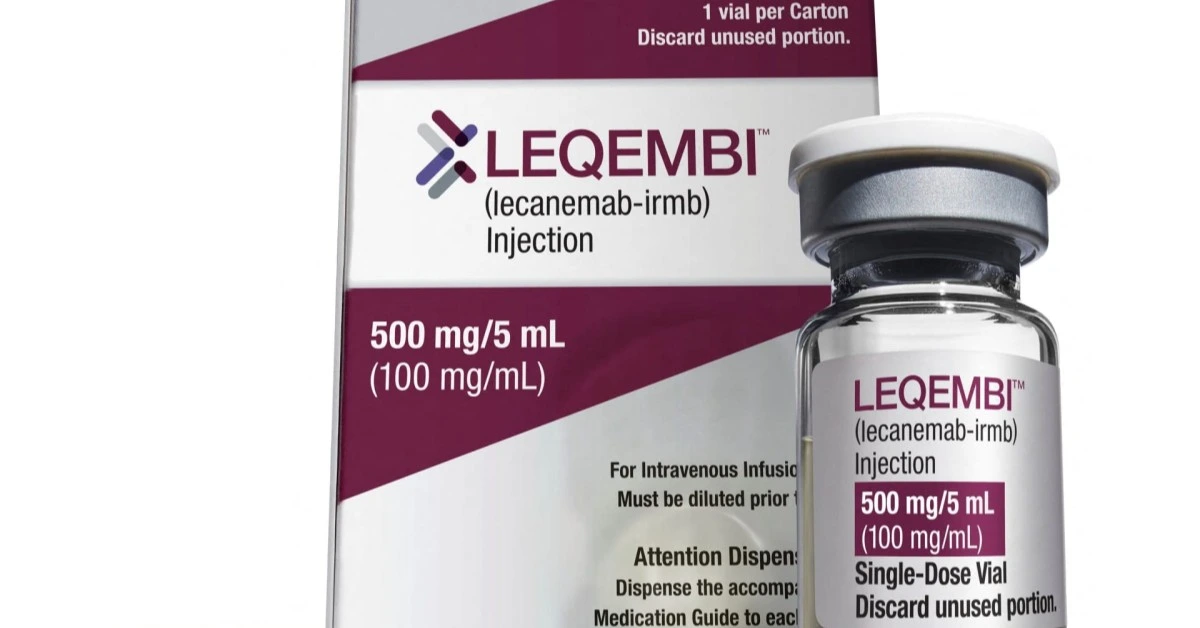
BELGIUM – The European Commission has officially approved Leqembi (lecanemab), a new Alzheimer’s treatment developed by Eisai and Biogen, in partnership with BioArctic.
This marks a historic step — it’s the first Alzheimer’s drug approved in Europe that directly targets the root cause of the disease.
Leqembi is designed for patients with early-stage Alzheimer’s — those experiencing mild cognitive impairment or mild dementia.
But not everyone with Alzheimer’s will qualify. The drug is only approved for patients who have confirmed beta-amyloid plaques in the brain and carry no more than one copy of the ApoE4 gene, a genetic marker linked to the disease.
These limitations aim to protect patients from serious side effects, especially amyloid-related imaging abnormalities (ARIA), which are more likely in people with two copies of the ApoE4 gene. ARIA can cause brain swelling or bleeding, and in rare cases, can be fatal.
Leqembi’s path to approval in Europe has not been easy. In July 2024, the European Medicines Agency (EMA) initially gave it a negative opinion, questioning whether the benefits of the drug outweighed the risks.
However, after reviewing additional data, the Committee for Medicinal Products for Human Use (CHMP) reversed its stance and backed the approval later that year.
A brief delay in early 2025 followed, after new safety data prompted further review, but the panel stood by its decision in the end.
In clinical trials, Leqembi showed it could slow memory decline by about 27% in early-stage Alzheimer’s patients — a promising sign in a disease where treatment options are limited.
The approval also places Leqembi ahead of its main competitor. Eli Lilly’s donanemab (Kisunla) was rejected by the EMA in March 2025, even after proposing to limit its use to patients with no copies of the ApoE4 gene.
Regulators said the risks of ARIA still seemed too high, with nearly 25% of patients experiencing the condition, even among those without the gene.
Leqembi already received full FDA approval in the U.S. in 2023, and was recently cleared for monthly maintenance dosing.
A new injection version of the drug, which patients could use at home, is expected to be reviewed by the FDA this August.
Despite its medical promise, Leqembi’s commercial launch has been slow. Eisai cut its 2027 sales forecast for the drug by up to 50%, citing slow adoption in the U.S. and needing time to adjust to market demands globally.
Still, the company is confident in its long-term goal of reaching US $10.7 billion in global sales.
XRP HEALTHCARE L.L.C | License Number: 2312867.01 | Dubai | © Copyright 2025 | All Rights Reserved